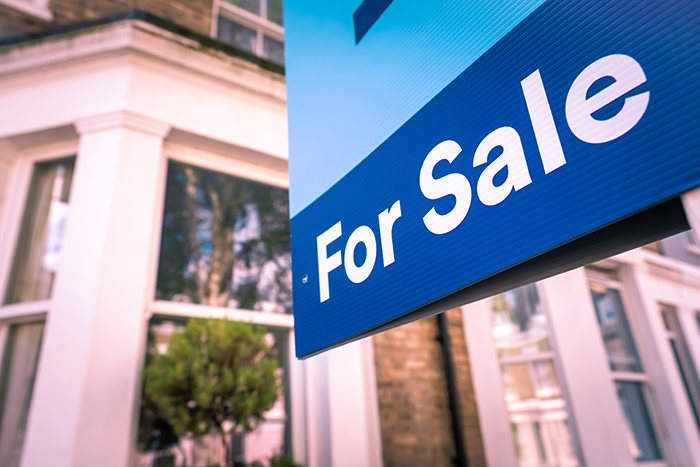
House prices in the UK rose 9.5% in the year to September, says Nationwide, which compares to 10% recorded for August.
With precisely zero growth noted from August to September – the first month not to see a rise since July 2021 – the average price now rests at £272,259, says the lender.
Nationwide adds that 10 out of 13 regions saw price rises slow in Q3 2022, although the poorest-performing region, London, still racked up 6.7% annual growth for the quarter.
The South West, the most high performing area, saw its third quarter growth drop from 14.7% to 12.5%.
Nationwide expects more slowdown in house price rises soon. Th lender’s chief economist Robert Gardner says: “Housing affordability is becoming more stretched. Deposit requirements remain a major barrier, with a 10% deposit on a typical first-time buyer property equivalent to almost 60% of annual gross earnings – an all-time high.
“Moreover, the significant increase in prices in recent years. together with the significant increase in mortgage rates since the start of the year. have pushed the typical mortgage payment as a share of take-home pay well above the long run average.”
Knight Frank head of UK residential research Tom Bill says: “We expect single digits to become negative digits next year given how far mortgage rates appear likely to climb.
“Everyone knew a normalisation was coming but the concern is that the government’s mini-Budget will lead to a steeper rate of increase and more financial pain for households.
“Given that the sums involved put the government’s entire economic plan in jeopardy, it feels as though something has to give. The only thing that moves quickly in the housing market is sentiment and it has been damaged over the last week as mortgage products have been pulled.
“Whatever action the government takes, it feels almost inevitable that UK prices will fall next year and possibly into 2024. Prices have risen strongly over the course of the pandemic and for context, a 10% decline would only take us back to last summer.”
And Glenhawk chief executive Guy Harrington comments: “The decade long house price growth party is over. If we do indeed see rates anywhere near the 6% that the markets are pricing in, the only outcome is a housing market crash.
“The Bank of England’s misguided obsession with crushing inflation has left an overpriced housing market at the mercy of the banks. Only a rapid unwinding of rates when the true scale of consumer headwinds becomes apparent this winter will prevent a prolonged period of turmoil for homeowners.”
However, Benham and Reeves director Marc von Grundherr argues: “The first single digit rate of house price growth since last October will no doubt be pounced upon as signs that the market is starting to crumble. However, this would be inaccurate, to say the least, much like the mass panic that was spurred earlier this week by the creative take on a marginal reduction in mortgage product availability.
“The reality is that we remain in a very strong position and not only will this increased cost of borrowing fail to dent the insatiable appetite of the nation’s homebuyers, but a severe shortage of appropriate housing stock will also ensure house price growth remains stable.
“Despite London trailing the rest when it comes to the rate of house price growth being seen, the region remains the pinnacle of the UK property market. Home to the highest house prices in the nation, the capital’s homebuyers are actually enjoying a higher pound and pence increase in the value of their bricks and mortar assets despite a far lower rate of growth.”



